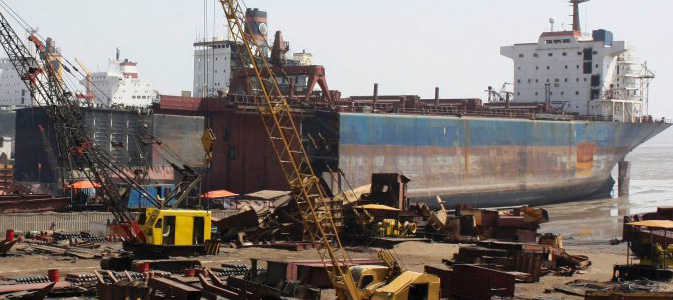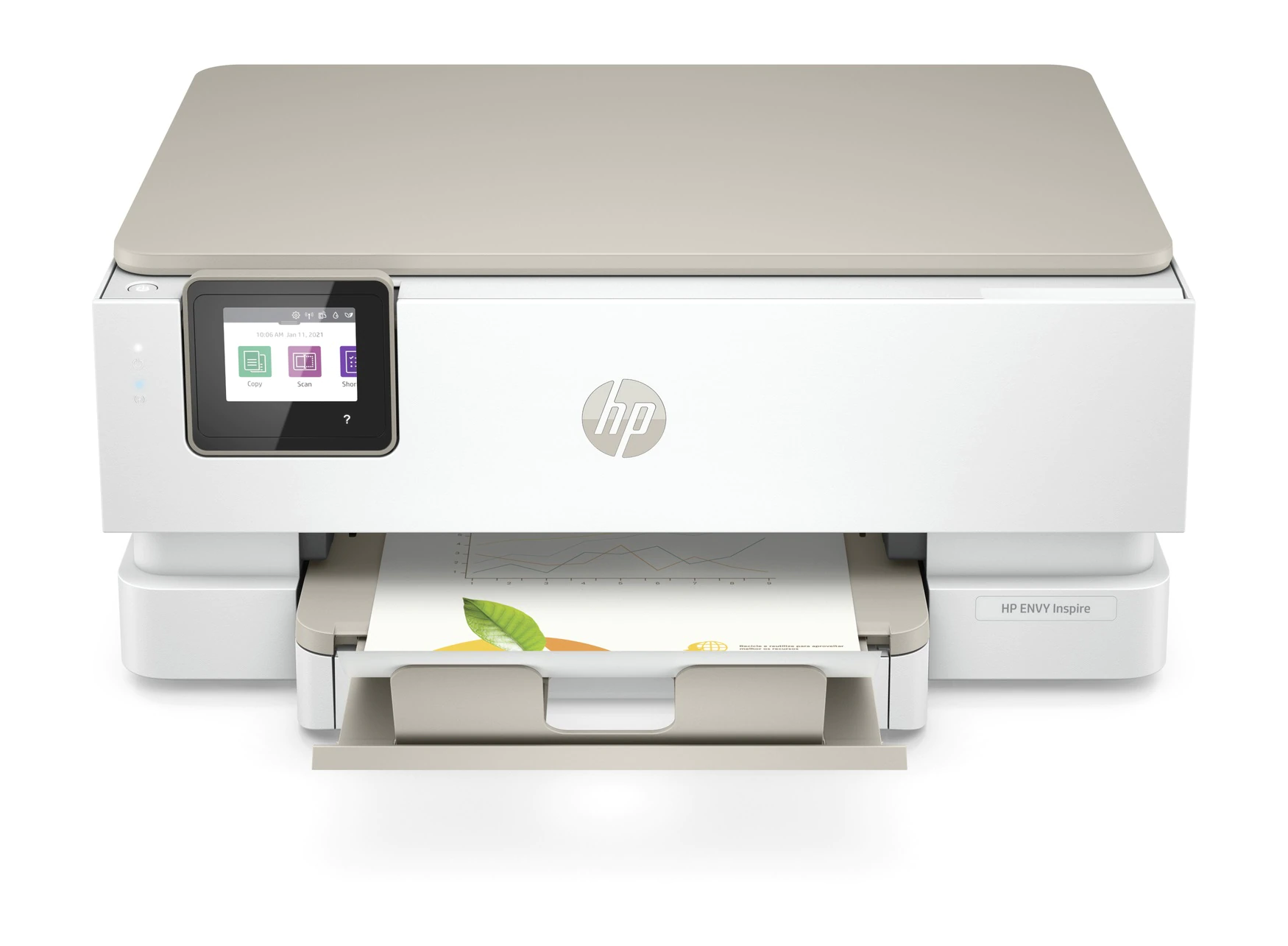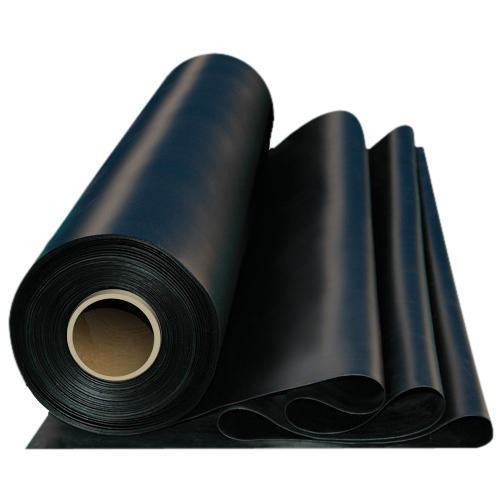How to Export Scrap Vessels from Nigeria: Tips on Requirements
How to Export Scrap Vessels from Nigeria: Tips on Requirements
Scrap vessel exports are the process of getting your vessel to a country that will accept it for recycling. Nigeria is interested in scrap vessels, but there are some requirements you need to meet before shipping them out of the country. For example, all vessels must be in working order before they can be exported. This is a guideline on how to export scrap vessels from Nigeria and what to expect at this stage.
What Vessels Can Be Exported?
Nigeria is interested in scrap vessels, but there are some requirements you need to meet before shipping them out of the country. For instance, all vessels must be in working order before they can be exported.
Additionally, there are some exemptions for scrap vessels. For example, all vessels with a waterline length of over 12 meters must have their liability insurance policy with the Nigerian Shipper’s Liability Insurance Association.
If you want to export your scrap vessel from Nigeria, be sure to review these requirements beforehand. Contact the Nigerian Shipper’s Liability Insurance Association for more information.
How to Export a Scrap Vessel from Nigeria
Nigeria is a country with a lot of scrap vessels. There are many vessels in need of repair. If you want to export a scrap vessel from Nigeria, there are a few requirements you need to meet. In order to export a scrap vessel from Nigeria, it needs to be in working order. If you can get your vessel up to scratch, it can be exported from Nigeria.
Nigeria requires that the vessel be able to make a journey without any repairs. If your vessel is too far gone, it will not be accepted for export.
Nigeria is also interested in scrap vessels of all kinds, so there are no specific kinds of vessels they want. However, the vessels will need to meet the working order requirement in order to be exported.
Another requirement for exporting your vessel is that it falls under the weight limit of the port in which it will embark. This weight limit can vary depending on many factors, so it’s best for you to contact the port in question to find out what it is.
The final requirement for exporting your scrap vessel is that it has all the proper documentation in place for export. This includes an export permit and an import permit if necessary.
If you’re interested in
Tips for Shipping a Scrap Vessel
To export scrap vessels from Nigeria, you will need to meet certain requirements. For example, all vessels must be in working order before they can be exported.
Additionally, you will need to submit an application form to the Nigerian Maritime Administration Agency (NIMASA) that includes the vessel’s details, the exporting company’s details, and the vessel’s weight. You will also need to attach a copy of your vessel’s license to the application.
Shipping a scrap vessel is a simple process, but it is important to follow all guidelines for exporting them from Nigeria. Without these guidelines, it could be difficult for your business to get the job done.
If you want to learn more about exporting scrap vessels from Nigeria or you have any questions, contact NIMASA by phone or email.
Conclusion
The process of exporting scrap vessels is relatively simple, but there are some requirements you need to meet before shipping them out of the country.
Firstly, be aware that Nigeria does not accept vessels that are not in working order. Secondly, Nigeria only accepts vessels that are of less than 4,500 gross tonnage, which is around 1,000 tons.
Finally, Nigeria will only accept vessels that are free of defects of any kind.
You will be required to pay a deposit on the weight of the vessel before it can be exported. The deposit will be refunded once the vessel is accepted by the Nigerian government. The deposit is 30% of the weight on the vessel.
Overall, exporting scrap vessels is a simple process with some clear requirements. If you’re looking to export scrap vessels from Nigeria, follow these rules to avoid any issues.








LEAVE A COMMENT
You must be logged in to post a comment.